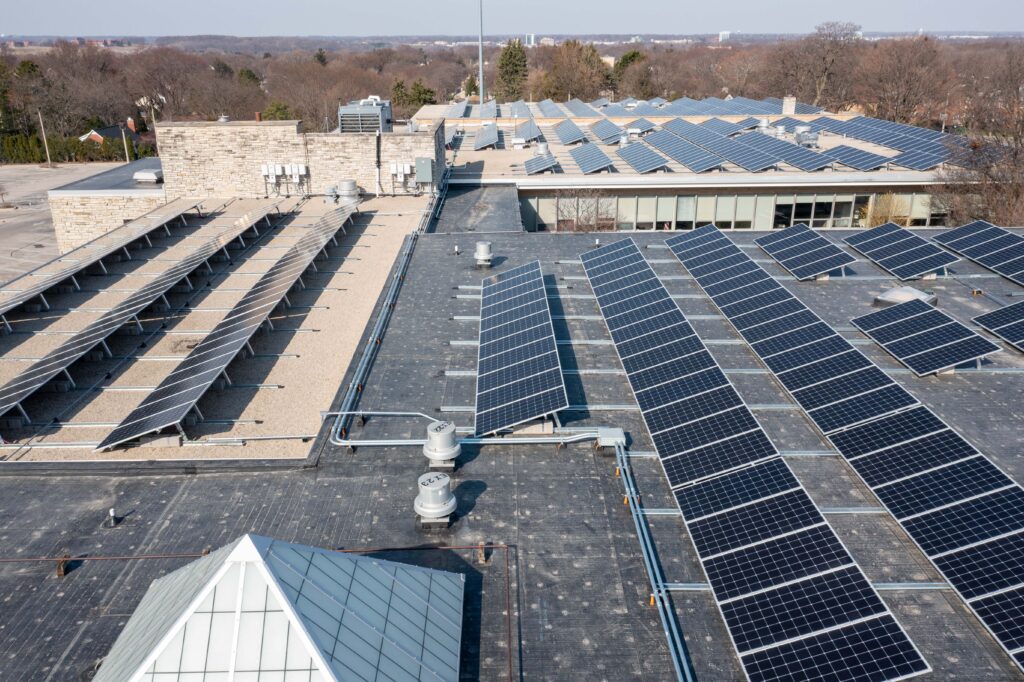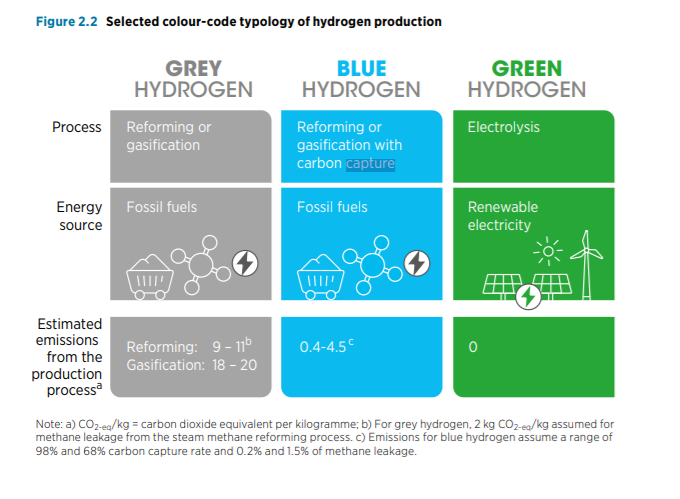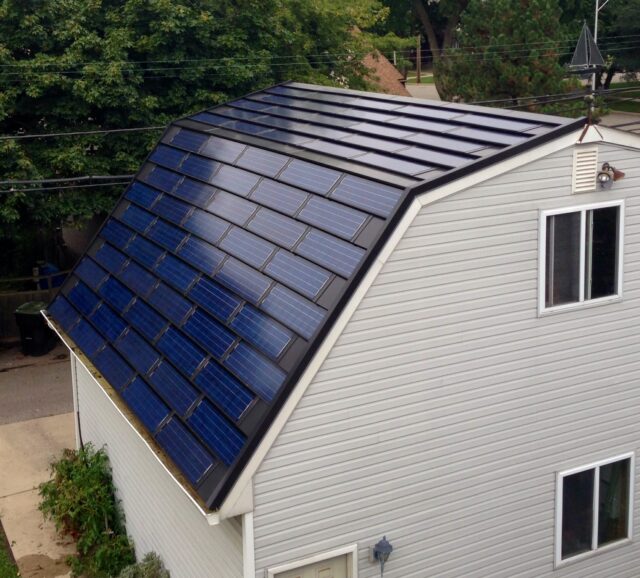
A sustainable energy definition describes a way to supply and use energy that meets the current needs, while minimizing environmental damage. It considers economic, social and environmental factors. In essence, sustainable energy is energy that meets all our needs without compromising future generations' ability. In addition, it must be environmentally safe and economically affordable. This definition is a very broad one, and there are many different definitions.
The use of energy to reduce the environmental damage is sustainable energy.
Sustainable energy is a form of energy that is produced and used to meet current demands without harming the environment. This kind of energy is non-toxic and can be obtained from renewable sources. Renewable energy sources are generally sustainable because they are plentiful and readily available.
These energy sources can be considered sustainable because they are renewable, such as wind, water and geothermal energy. They can be replenished in a person's lifetime and don't cause long-term environmental damage. Alternative energy sources such as geothermal energy and advanced polymer composites are also examples of sustainable energy sources.

It includes environmental considerations
Energy sustainability involves considering the environmental impacts that can impact the production and usage of energy. Reducing material inputs can increase energy efficiency and decrease life-cycle carbon emissions. Resource efficiency is also an important consideration. According to estimates, the world's consumption of primary materials will more than double by 2050. To reduce the demand for resources while protecting the environment, renewable energy sources are possible.
Sustainability in energy also includes considerations of economic and social aspects. In general, renewable resources are more environmentally friendly that fossil fuels. Some renewable energy projects may have serious environmental impacts. Additionally, it is important that you consider whether a particular technology could be adopted by a local community as this can affect its costs and potential benefits.
It also includes economic and social aspects.
Energy sustainability is multifaceted and encompasses both economic and social aspects. All of these aspects are interconnected to help us achieve a more sustainable energy future. The lifeblood of society is energy. A sustainable supply is crucial for reaching the SDGs, including improved health, education, and environmental protection.
The social and economic dimensions of energy sustainability work together to reduce pollution and improve efficiency. They work together to promote renewable energy, green technology, and other ways of reducing energy use. They also foster environmental justice and global stewardship of natural resources.

It is economically feasible
There are many technologies that can improve the energy sustainability of buildings. These include the use of renewable energy resources and passive technologies. These measures will be successful if they are influenced by culture, lifestyle, as well as behavior. Enhanced energy sustainability in buildings can also be achieved by introducing district energy systems. These systems use both conventional and renewable resources to generate power and can cover a wide geographic area.
Energy is an essential part of our daily lives. It is used to provide a wide variety of services such as transportation, lighting and heating, as well as industrial processes. Those services encompass the entire life cycle of energy - from obtaining energy sources to converting them, transporting them, and storing them. These services support social development and a decent standard of living.